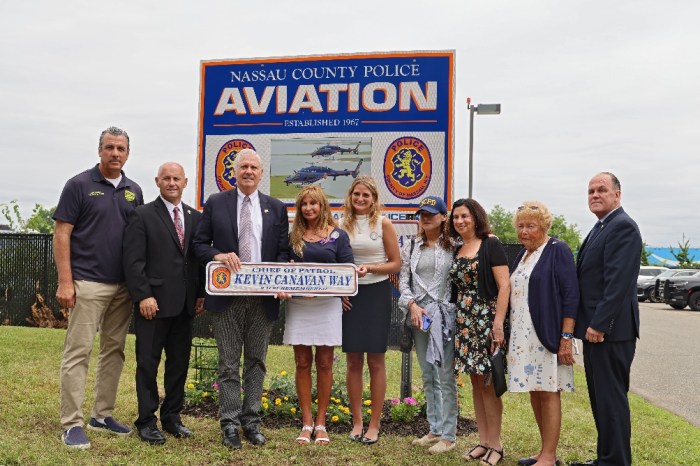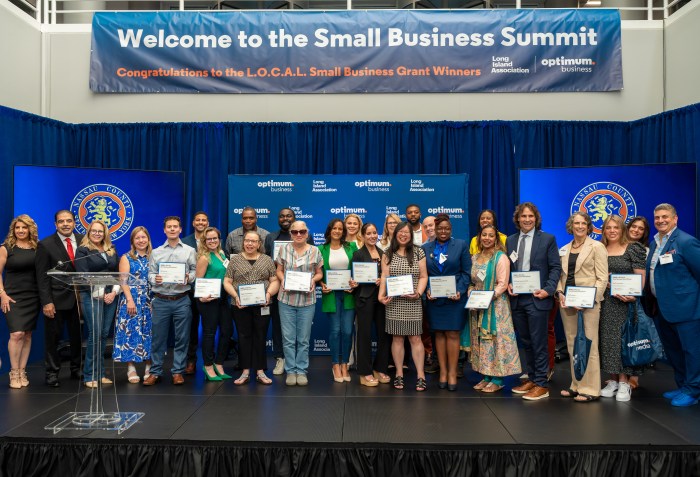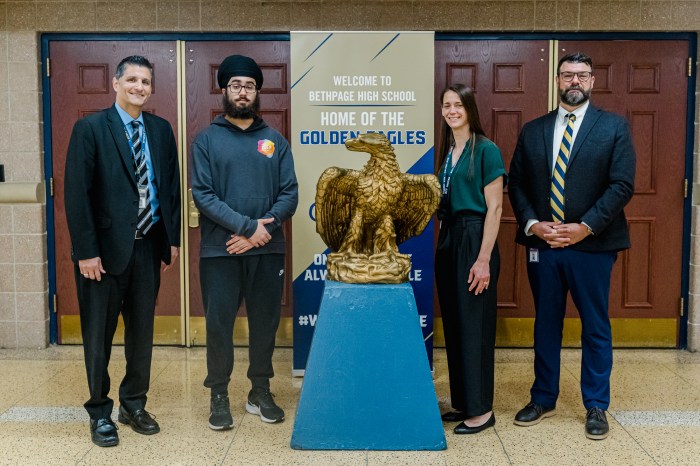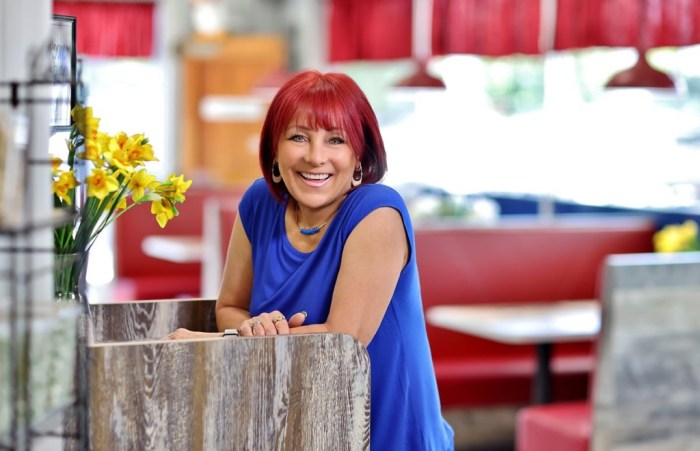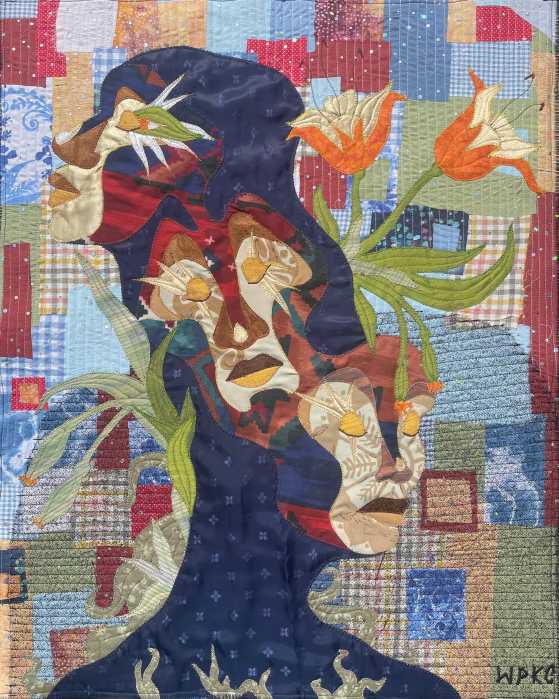The history, testimony and controversy concering “comfort women” will be the theme of a fascinating multi-faceted program to be held at the Plainview-Old Bethpage Public Library on Monday, November 18 at 2 p.m. in the auditorium. Featured at this event will be New York State Assemblyman Charles Lavine; Dr. Arthur Flug, Executive Director of the Harriet and Kenneth Kupferberg Holocaust Resource Center and Archives at Queensborough Community College; and artist and activist Steven Cavallo.
Via words, images and film, the story of women abused and forced into sexual slavery by the Japanese Army during World War II will be told. Estimates vary as to how many women were involved, but it is known that between 100,000 and 200,000 young women from countries including Burma, Thailand, Vietnam, Malaysia, Taiwan, Indonesia, along with Korea and other Japanese-occupied territories were recruited or kidnapped by soldiers to serve in Japanese military brothels between the early 1930s and 1945.
These women were either abducted from their homes, tricked or defrauded via recruitment with the promise of well-paid jobs in factories or restaurants. First established by the Japanese government in Shanghai in 1932, these comfort stations aimed to provide comfort to Japanese soldiers and discourage espionage, while preventing venereal disease and rape by these soldiers. According to testimony made to the U.S. House of Representatives in 1990, this procedure whereby women were “…forcibly seized against their will to provide sexual services for the Japanese Imperial Army…is a shameful story of the worst human rights abuse committed by the Japanese during World War II.”
The Plainview-Old Bethpage library’s program features three prominent figures in the fight for justice. The program began with a call from Assemblyman Charles Lavine’s office to the library after a very successful exhibit and program that took place at the Harriet and Kenneth Kupferberg Holocaust Resource Center and Archives in 2011. Included in this program were drawings by artist Steven Cavallo, based on photographs of the original Comfort Women.
In 2008, Steven Cavallo exhibited his stark, harrowing images about the horrors of war and the innocent people affected, including the Comfort Women.
“These were real people who wanted desperately to get on with their lives and try to put these horrors in the past,” said Cavallo, who designed the first memorial to these women in the world in Palisades Park, N.J. “I am proud to be a part of this movement and I hope that these women know that the world is on their side, fighting alongside them.”
Assemblyman Charles Lavine has an integral role in the efforts on behalf of the Comfort Women. He authored the New York State Assembly resolution recognizing the Korean-American community for their extraordinary efforts in establishing a monument at Eisenhower Park dedicated to the suffering of the Comfort Women in Korea.
He presented David Lee, president of the Korean-American Public Affairs Committee, with a proclamation on behalf of the state Assembly commending their efforts in erecting this memorial “as a reminder of the inhumanity suffered by thousands of girls and women during those cruel years.”
Dr. Arthur Flug is the director of the Harriet and Kenneth Kupferberg Holocaust Resource Center and Archives at Queens borough Community College. When approached by the Korean American Civil Empowerment (KACE) Organization for help in recognizing this aging population of victims, lest they die and be forgotten, Flug hosted an art exhibit in the gallery featuring the work of Steven Cavallo.
This proved to be so popular among the college community, that KACE was instrumental in bringing one of the Comfort Women to the Queensborough Center to relate her painfully honest and fascinating story via an interpreter. When asked, “Now that you told us your story, what do you want us to do with it?” this woman responded, “Tell it to other people. We don’t want to be forgotten.”
In addition to presentations and discussion, there will be a showing of a film at the library’s program on November 18. A short documentary, “You Can Never Forget, Never,” produced by the Korean Council, aims to shed light on this subject and ensure that these women are not forgotten.
“It is of crucial importance to us as Americans and citizens of the world to learn from this horrific experience so that we may better battle against the contemporary forces that even today enslave and brutalize women and girls throughout far too much of our present day world,” said Levine.




